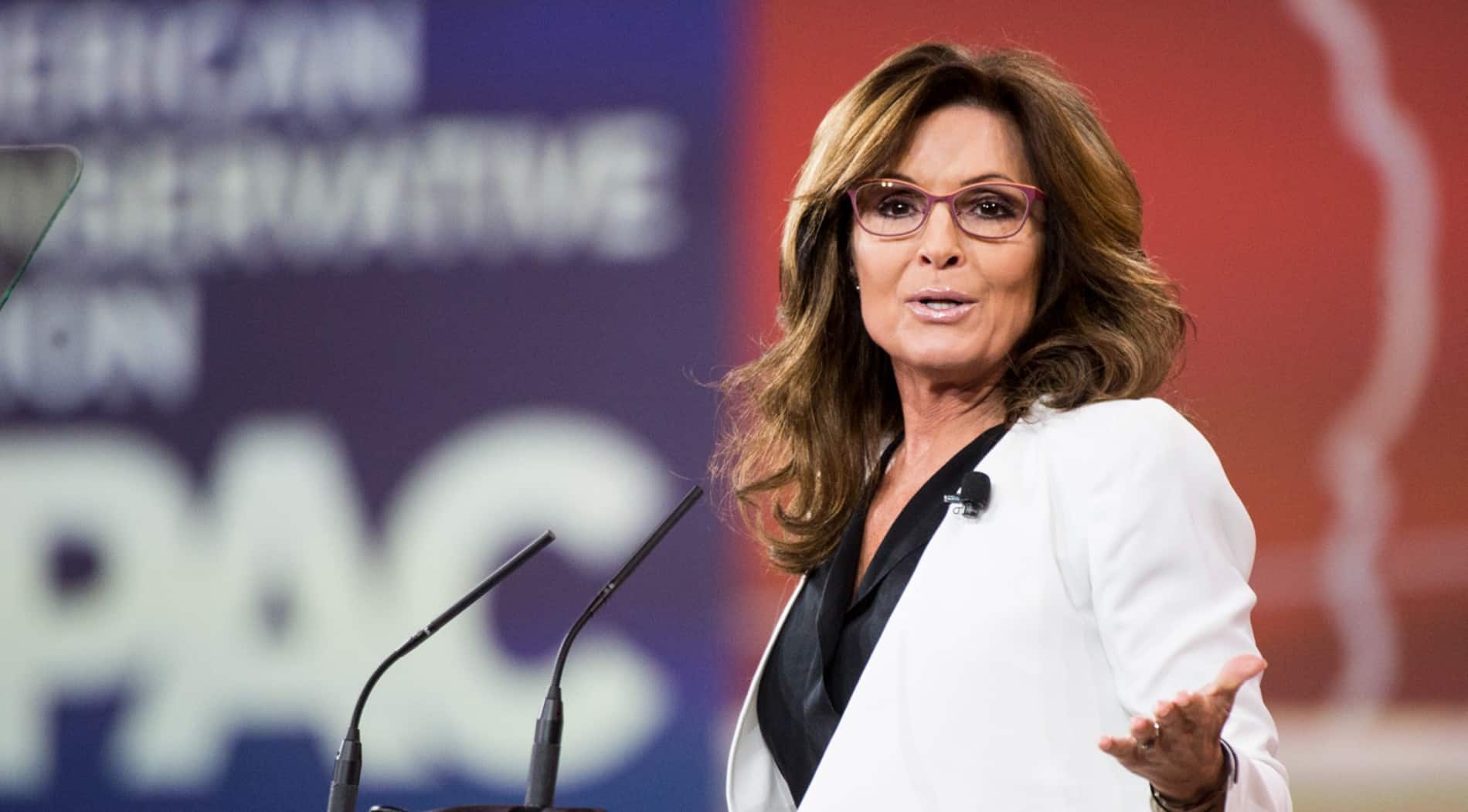OPINION: This article may contain commentary which reflects the author's opinion.
The results of the race for Alaska’s lone House seat remained undecided on Thursday, two days after the Tuesday primaries around the country, thanks to a new “ranked-choice” voting system approved by residents in 2020.
“Ranked choice voting — approved by referendum in Alaska in 2020 and first applied in 2022 — removes the standard voting protocol of an individual voter selecting one candidate on a ballot. Instead, voters using ranked choice voting assign a numerical rank to multiple candidates rather than voting for one preferred candidate,” Breitbart News explained last month, noting that Republican candidate and former Alaska Gov. Sarah Palin, who is currently down to incumbent Rep. Mary Peltola, was critical of the system.
The Daily Wire reported:
Peltola currently leads with 47.34% of the vote (101,236), with Palin at 26.66% (57,005), fellow Republican Nick Begich at 24.27% (51,896), and Libertarian Chris Bye at 1.74% (3,716). An estimated 70% of the votes have been counted so far, according to DecisionDeskHQ.com. Republicans have so far combined for 50.93% of the overall votes.
The contest marks a rematch between the two top voter-getters in the state’s August special election to replace Rep. Don Young (R), who passed away earlier this year.
Peltola won the special election in August based on receiving more second-place votes despite only reaching 40% of the overall vote total.
The special election saw Peltola receive 40%, Palin 31%, and Begich 28% in the first round. Since no single candidate received at least half of the votes, the top two candidates remained, with the second-place votes added from those who chose Begich as their first choice. Peltola then defeated Palin 51.5% to 48.5%.
The report noted that it took two weeks to announce the winner in the August special election, and that is likely to be the case again in the general election. Peltola, a Native American, was sworn into office in early September.
During an interview last month, Palin blasted ranked-choice voting and said it was designed to assist Democrats and weaker GOP candidates like Sen. Lisa Murkowski, who is headed to a December run-off election against Trump-backed GOP challenger Kelly Tshibaka.
“This is what’s going to elect Democrats and destroy our country before we even know it,” Palin told Breitbart. “I am just sounding that alarm that it’s this bad.”
“I don’t want this to happen to any other electorate, in any city, in any state,” the former governor said. “Alaska is kind of this test case right now where we have elements of a perfect bad storm. We have lax voter-ID laws. We have a long election cycle where mail-in ballots can be mailed in for — gosh — it seems like months, if not many weeks.”
“Those are just a couple of aspects that create kind of this distrust of people in the process, and we cannot afford to have people not trust free and fair elections in our communities, in our states, in our nation, or we’re going to go under,” she added.
“It’s not winner-take-all,” said Palin “You rank the candidates. … Then a process of elimination via an algorithm in a computer takes votes and distributes it to other candidates if the person that you did choose as your number-one pick didn’t end up on top.”
“The ballot question that asked whether we wanted ranked choice voting, it was 26 pages long, the explanation,” she said. “That right there should have told people, ‘Hey, wait.’ Anything that you can’t explain concisely, it’s no good when it comes to government.”
“This was written for Lisa Murkowski — and she’s a RINO — to keep her in the U.S. Senate because she can’t run and win as a normal Republican in Alaska because people figured her out. It was her attorney who wrote this thing,” she said.
Breitbart added regarding the Alaska Senate race:
One of the challenges Tshibaka faces is the state’s newly instituted ranked-choice voting system, which ultimately affords Democrat voters the opportunity to vote for Murkowski on the second and third ballots. A recent video exposed a Murkowski aide who said the 2020 ballot initiative to decide whether to institute ranked-choice voting in Alaska was pushed by people who “wanted Lisa to get re-elected.”
